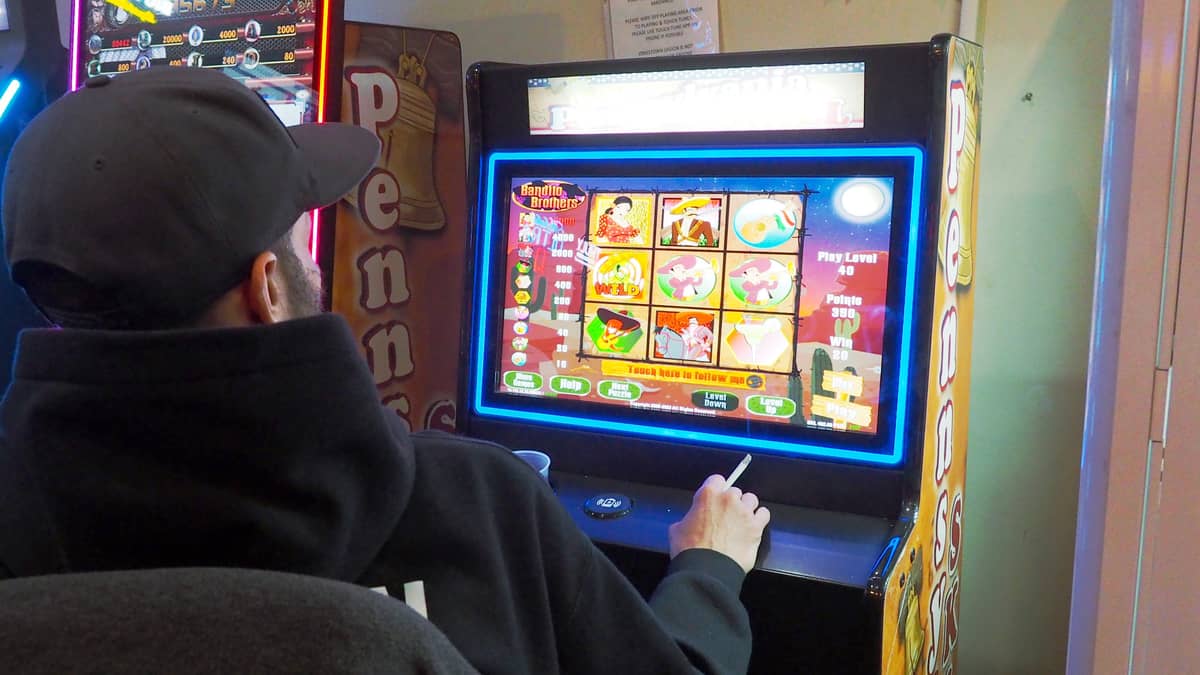The state House of Representatives on May 8 passed House Resolution 251, co-sponsored by Rep. John Schlegel (R-Lebanon), designating May 2024 as ALSP Awareness Month in Pennsylvania.
“Every part of raising awareness, like being at the state capitol, is so important for this disease because funds are so limited,” Heidi Edwards, a North Lebanon Township resident whose family has been greatly impacted by the disease, told LebTown this week.
Adult-onset leukoencephalopathy with axonal spheroids and pigmented glia, or ALSP, is a rare hereditary disease that is often misdiagnosed because its symptoms are commonly associated with other diseases, such as Parkinson’s disease or multiple sclerosis. Symptoms may include a decline in mobility, muscle spasms, a reduced feeling of pain, and psychological changes.
ALSP often does not present itself until an individual reaches their 40s and may have already passed the gene on to their children. There is no cure.
“Heidi Edwards … has lost several family members to ALSP, including her mother, two sisters, an aunt and an uncle, and one of her nephews is already exhibiting symptoms,” said Schlegel.
“The University of Pennsylvania, which had been studying her family’s case, correctly identified the CSF1R gene mutation and determined that immediate family members have a 50% chance of inheriting the gene that causes the disease,” Schlegel added. “While genetic testing found Heidi did not have the affected gene, she established Sisters’ Hope Foundation, a nonprofit that supports families afflicted with ALSP, raises awareness and gives affected families hope for a cure.”
The resolution was co-sponsored by state Reps. Tim Brennan (D-Bucks), Jamie Barton (R-Berks, Schuylkill), and Tim Twardzik (R-Schuylkill).
Heidi Edwards told LebTown that she started the conversation with Rep. Brennan, a friend of her family, after the many losses the Edwards family suffered because of the disease. According to Edwards, her twin sister Holly was 44 years old when she passed in 2021 and her older sister Heather was 45 when she died in 2020. Edwards also lost her mom to the disease in 2021.
She was in attendance in Harrisburg when the resolution was read.
“It was so exciting,” she recalled. “I was sitting there in the front and then John, Tim, and Jamie did a little presentation which was so powerful, and then they voted.”
Heidi said that one of her big pushes for this year with the Sisters’ Hope Foundation was going to be legislative.
“I lost two sisters to this disease and (Tim Brennan) was friends with them as well, so he started the conversation and he started the push to do the resolution. He talked to John Schlegel, because he’s my representative, and he talked some others (to get co-signers),” Edwards said. “It’s so personal to me, and it’s personal to Tim, and that’s what really helps move stuff like this forward.”
She needed to do something, she explained, rather than just sit around and mourn.
Edwards is both founder and president of Sisters’ Hope, which she named in honor of her sisters. “I am an only child, which I was never supposed to be,” she said.
The foundation has three pillars: support, awareness, and cure. “Support patients and care partners, raise awareness of the disease, and working towards research,” Edwards said.
“When I started the foundation, I expected it to be a little family foundation,” she said. “I would help my family maybe a few others. It quickly grew into so much more, where people from around the world were reaching out to me and asking about support.”
ALSP, she explained, is a rare memory and movement disorder that affects the entire body. “You don’t know what’s going to happen first. Will you lose your ability to walk? Will you lose your ability to speak? If you’ve never experienced this before, you’re at a loss for what to do for the person.”
Unlike ailments such as Alzheimer’s and dementia, ALSP can strike at a relatively early age. “There is genetic testing available,” Edwards said. She urged anyone who is struggling with memory or movement issues, or know someone who is, to ask their doctor for genetic testing for the CSF1R gene mutation, “especially if that individual has been diagnosed with atypical MS.”
The foundation provides options for free genetic testing, she noted.
Visit the Sisters’ Hope Foundation website for more information.
See Rep. Schlegel’s remarks in support of the resolution here.
Questions about this story? Suggestions for a future LebTown article? Reach our newsroom using this contact form and we’ll do our best to get back to you.

Be part of Lebanon County’s story.
Cancel anytime.
Monthly Subscription
🌟 Annual Subscription
- Still no paywall!
- Fewer ads
- Exclusive events and emails
- All monthly benefits
- Most popular option
- Make a bigger impact
Already a member? Log in here to hide these messages
Quality local news takes time and resources. While LebTown is free to read, we rely on reader support to sustain our in-depth coverage of Lebanon County. Become a monthly or annual member to help us expand our reporting, or support our work with a one-time contribution. Cancel anytime.























